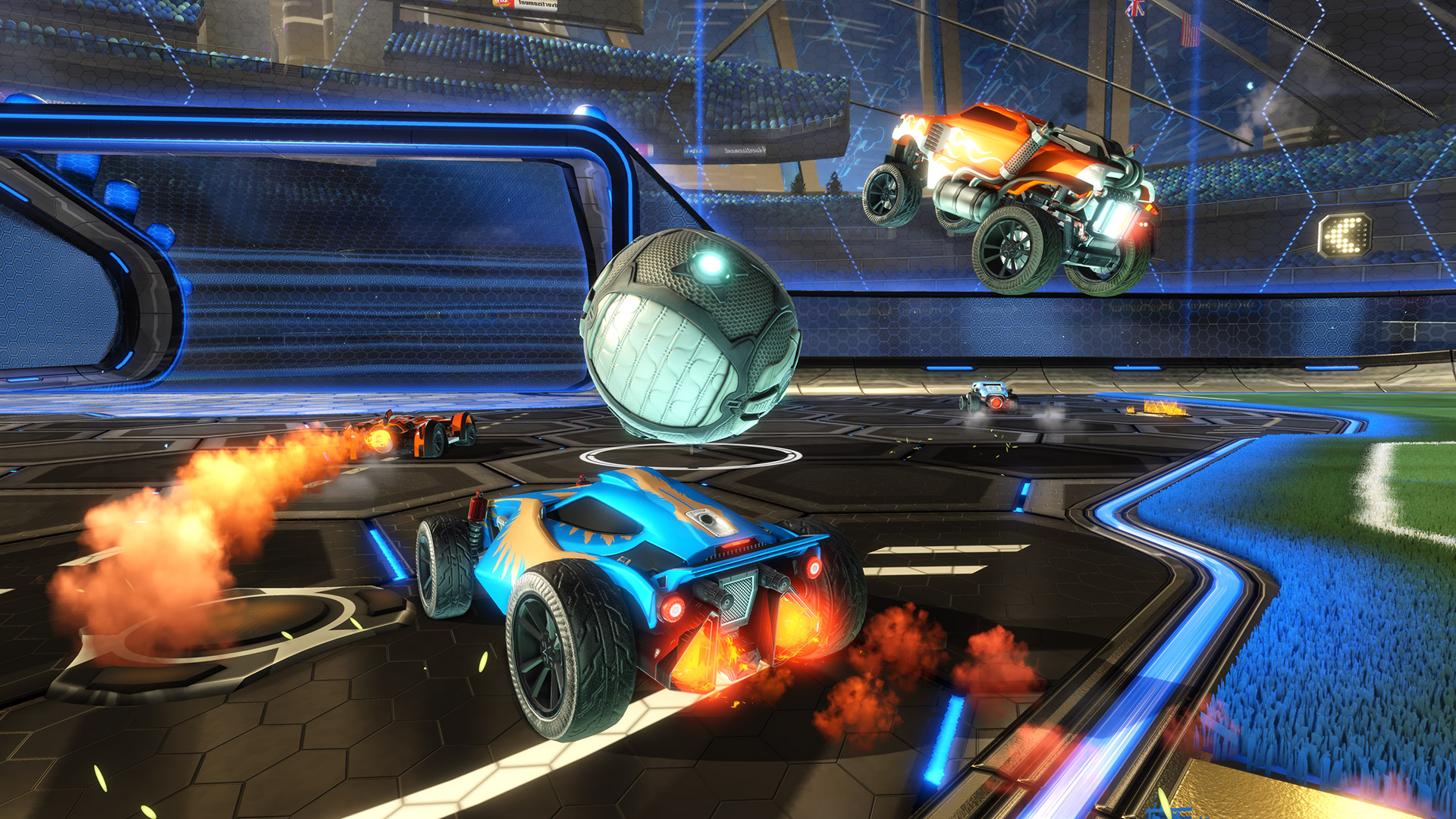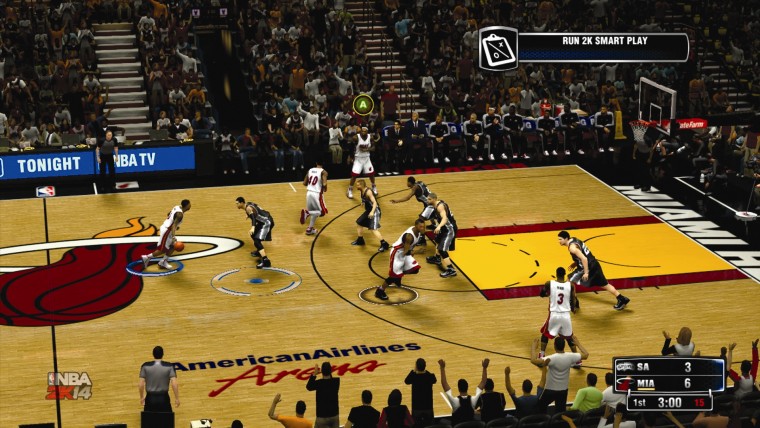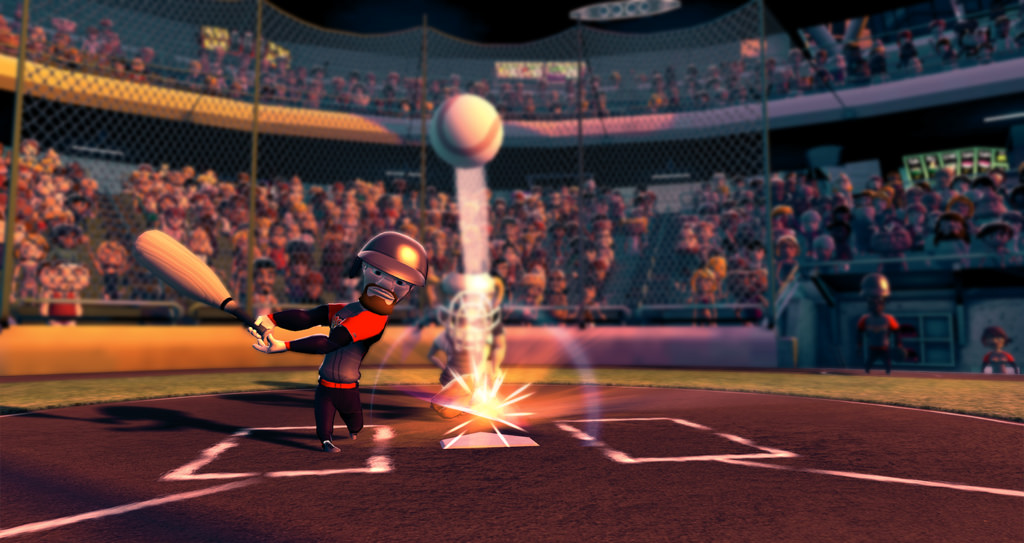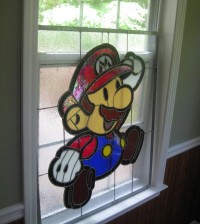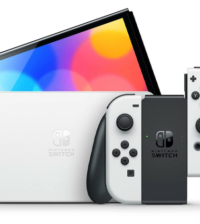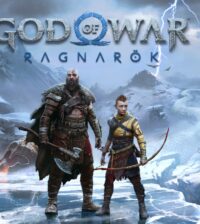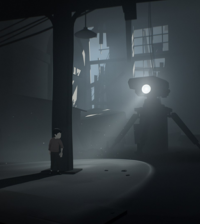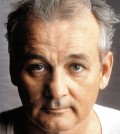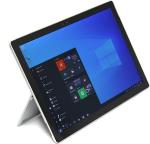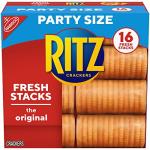How the Latest Steam Hit, Rocket League, Refocuses “Sports Simulation”
When EA touts the latest features of Madden or FIFA as marketing for the impending annual release, you won’t find a single one that isn’t presented as a furthering of the game’s realism. The players defend as they might really defend. The ball moves as you expect it to move. The league modes are more accurate representations of the seasons we track. The player statistics and visual models approach ever closer to the ideals of their real life legacy.
Only, this isn’t a simulation of sport. This is a simulation of professional sport, as we watch it, not as the athletes play it. If you want a simulation of sport, the concept and the reality of sports as they are actually played, you’ll want to look straight at Rocket League, Steam’s latest hit and current Twitch darling. It’s cars with rocket boosters playing soccer on a giant field with a giant ball, as visually unrealistic as it gets; but it’s still a better simulation than Madden or FIFA.
What do the most verdant fans do when watching a soccer, basketball or football game on television? They strategize. They yell at the coach or the players for doing the wrong thing. They curse the referees for making the wrong call. Then they celebrate when their team scores. The things they don’t do: dribble the ball, enable a perfect spiral, control with utmost precision the curve of a penalty shot. These are acts that involve actually playing a sport. The former are acts arisen only from a couch. In Rocket League, you don’t control a team, nor are any players assigned strict position. You are a player on the field, reliant on your teammates, and the agent to absolutely every action you take, but not an agent to the macro-level adjustments fantasized by watchers of the NFL. If Rocket League is a sport, then Madden and FIFA are actually RPGs.
So what about the term “simulation?” Doesn’t that imply realism? It does, but realism doesn’t imply visualization, not as EA and 2K so commonly trumpet. Realism implies accuracy. Consider that in Rocket League, strategies arise among teams not by a playbook offered on an overlay screen, but by the wit and execution of the players on the field. One defender back, two strikers forward. One guy sets it up, one guy stays center and goes for the goal. Defenders can be goalies or play the mid-field zone.
And consider that there is no correct way to use your boost. It’s a personal preference, whether to front flip across the ground or sacrifice some boost for utmost speed, whether to rocket jump excessively into the air or save your boost for extreme horizontal velocity on the goal. Lebron James isn’t considering his energy level in NBA 2K15. He’s waiting for the ball – the thing the player really controls in that game – to hit his hands. Then, for just a moment, you’re Lebron James, playing a sport, but then you’re one of his teammates, much like how the eyes of an onlooker would watch the game (The NBA 2K15 MyPark mode deserves a shout-out for upending this completely. There’s a reason that mode is so beloved).
The accuracy we’re talking about in the context of simulation isn’t about what it looks like on TV. It’s about what it feels like to do, to play and to triumph as you would playing a real-life sport. The accomplishments of a team in Rocket League are shared among its individual players, extrapolated from the successful execution of their skills and team-play.
That last sentence might have you thinking about eSports like League of Legends or Halo, where such things as the execution of skill and team-play similarly result in victory. You’d be right. But they aren’t simulating sport in the way that I’ve described for one reason: the objective required for winning in those games is most easily accomplished by the killing or elimination of other players. A sport plays by kinder rules and the playing around your opponents, not through them. Feel free to disagree with this vehemently. Moving on.
We’ve covered the elements of emergent strategy and player agency that set Rocket League as a truer simulation, but there’s another integral element – physics. The contrary example here are tennis and baseball games. Mario Tennis has long stood out as one of Nintendo’s best sports series. Similarly to Rocket League, Mario Tennis allows for the pinpoint control of just one character and personal strategy that’s more than just a shadow of the real thing. However, when you hit the ball in any way, the trajectory is completely predictable. This is because Mario Tennis never featured true physics in its games; only lookalike physics as seen on TV. Baseball games are split into two groups in this way – some, like 2K’s defunct arcade-style series The Bigs, feature a set number of potential ball trajectories off the bat. Others, like this year’s excellent Super Mega Baseball, rely on a more complicated collection of measurements to organically calculate trajectory, rather than call upon a preconceived set. Preparing to field, then, is a matter of reaction and instinct, rather than memorization. For Rocket League, this is happening at all times.
And yet, when the fielder puts his glove on the ball in Super Mega Baseball, he’s still throwing it as predictably as possible. The ball can only go to a small number of places from that point. If I want to pass the ball in Rocket League, the ball can go anywhere (it often does). It’s up to me, my personal skill, my choices and tactics, to get it where I want it to go; not the press of the correct button out of four. Rocket League’s ball never transitions from a helicopter to a train on rails. The cars never magically come to life as proximity to the ball raises; they are, at all times, subject to the whim of just one person. It is a consistent, competitive and challenging experience that only changes with the players in a given game. “Only” is a bad word, though, because in reality it changes with every game. That’s real competition. That’s real sport.

